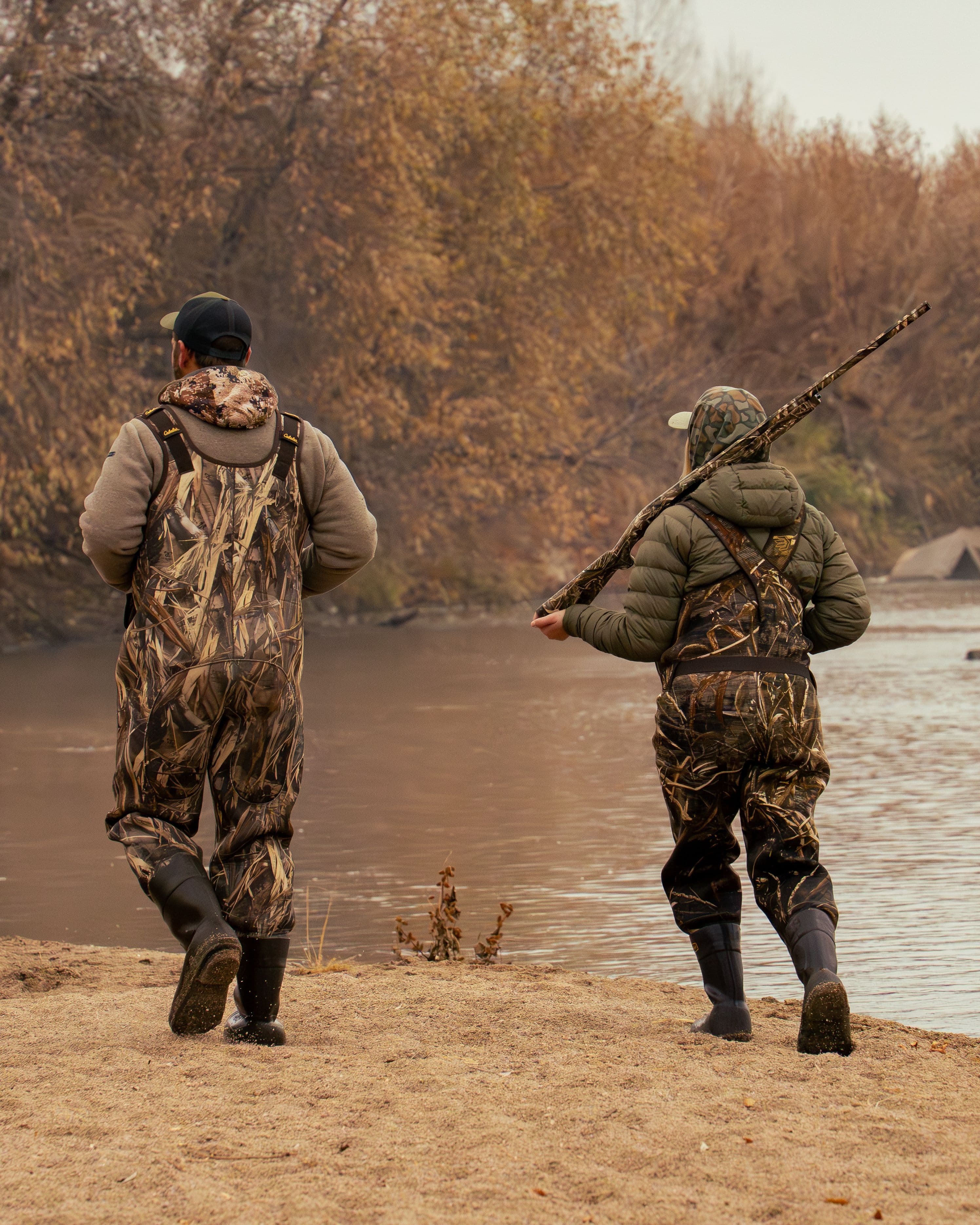The Public Land Sale That Wasn't: How Hunters, Anglers, and Conservationists Stood Their Ground


Justin Hunold
07/02/2025
On April 5, 2025, a budget resolution known as H.Con.Res.14 quietly cleared the Senate by a 51–48 vote. The measure, pushed by Senate Republicans, largely concerned taxes, deficits, and government spending. But tucked into its folds was a political powder keg: language that opened the door for selling off millions of acres of America’s public land.

At the center of the push was Senator Mike Lee of Utah. For years, Lee has been one of the loudest voices in Washington calling for the reduction of federal land holdings. His argument is familiar to many in the West: too much land is locked up by the federal government, hindering housing development and economic opportunity. In this latest round, Lee sought to include a provision that would authorize the sale of up to 3.3 million acres of federal land—much of it under BLM or Forest Service jurisdiction.
What the Bill Could Have Meant
While Lee insisted the sales would target "surplus" lands near population centers, the language in early drafts left room for interpretation. Critics feared that hunting and fishing access, crucial wildlife corridors, and ecologically sensitive areas could fall into private hands—permanently. Even revised language that reduced the target to 1.2 million acres did little to calm the storm.
The Pushback Was Swift and Loud
What happened next was a masterclass in grassroots conservation politics.
Conservation organizations like Backcountry Hunters & Anglers, the Theodore Roosevelt Conservation Partnership, and the National Wildlife Federation mobilized their members. Influential outdoor voices—from hunting podcasters to fly-fishing guides—took to social media, calling out the dangers of losing access to cherished public ground.

Outdoorspeople from every walk of life flooded congressional offices with phone calls and emails. State chapters of conservation nonprofits activated phone trees, hosted emergency Zoom calls, and wrote op-eds in local papers. For many, this wasn’t a left-or-right issue. It was about keeping the lands they hunt, fish, camp, and roam open for their children and grandchildren.
This groundswell of opposition worked. Not only did it generate headlines, but it also sowed dissent within the Republican ranks. Moderate GOP senators from states like Idaho and Montana began to publicly question the wisdom of the move.
Procedural Roadblock or Political Reality?
Eventually, the Senate parliamentarian struck the land-sale language from the reconciliation bill, citing that it violated budgetary rules. But even after that, Senator Lee attempted to rework the proposal, trimming acreage and focusing solely on BLM lands. Still, he couldn’t build enough support. By June 28, Lee formally withdrew the land-sale provision.
He blamed procedural constraints and a lack of enforceable safeguards to prevent sales to foreign buyers. But the real takeaway was clear: the public had spoken, and it had spoken with force.
A Broader Ideological Conflict
At the heart of Lee's campaign was a deeper ideological concern. He has long contended that the federal government owns, mismanages, and underutilizes vast tracts of land, particularly in the West. Utah, where over 60% of the land is federally managed, has been ground zero for the federalism vs. public land debate. Lee and his allies argue that local communities could manage lands more effectively, unlock development potential, and better serve local economies if Washington loosened its grip.
Yet critics counter that these lands are a shared inheritance, meant for all Americans, not just those with the capital or political clout to benefit from privatization. The balance between stewardship and access, between conservation and development, remains a defining challenge in the American West.

Why This Moment Mattered
America’s public lands are more than line items in a budget. They are places of memory and meaning. Elk wallows are found in early October. High alpine lakes brimming with cutthroat trout. Stretches of desert where the silence hits you like a punch to the chest.
This wasn’t just about policy; it was about a way of life. And when that way of life was threatened, Americans didn’t sit back. They wrote, called, spoke up, and reminded their elected officials who these lands really belong to.
In the end, the public land sale that could have been became a political nonstarter. And the people who made that happen weren’t lobbyists or billionaires. They were hunters. Anglers. Hikers. Grandparents. Guides. Everyday Americans who believe that some things are too sacred to sell.